Ask AI on The Internet
Question: What is the weight of discarded food brought to landfills in the U.S in 2015? What happens to food scraps and other organic material in landfills? What is methane and why is it a concern for the environment? What is composting and how is it an eco-friendly alternative to discarding food waste? What are the three important advantages of composting? How does composting mimic natural nutrient recycling processes? What is organic fertilizer and how is it different from synthetic fertilizers? How does composting help preserve natural ecosystems? Can you compost in your own backyard? Where can you learn more about composting?
1. **Weight of Discarded Food in 2015**: In 2015, it is estimated that about 39.7 million tons of food waste were sent to landfills in the United States. 2. **Fate of Food Scraps in Landfills**: When food scraps and other organic materials are disposed of in landfills, they undergo anaerobic decomposition due to the lack of oxygen. This process produces methane gas, a potent greenhouse gas, alongside other pollutants. 3. **Methane and Environmental Concern**: Methane (CH₄) is a colorless and odorless gas that is highly effective at trapping heat in the atmosphere, contributing significantly to global warming. Methane is about 25 times more effective at trapping heat over a 100-year period compared to carbon dioxide (CO₂). This poses a significant concern for climate change. 4. **Composting as an Eco-friendly Alternative**: Composting is the process of breaking down organic matter, such as food scraps and yard waste, into nutrient-rich soil amendment through aerobic decomposition. It is considered eco-friendly because it reduces the amount of waste sent to landfills, decreases methane emissions, and returns valuable nutrients to the soil. 5. **Three Important Advantages of Composting**: - **Reduces Landfill Waste**: Composting substantially reduces the volume of organic waste that ends up in landfills. - **Decreases Methane Emissions**: By diverting organic waste from anaerobic decomposition in landfills, composting mitigates methane production. - **Improves Soil Health**: Compost enriches soil with essential nutrients, enhances soil structure, and boosts the soil's ability to retain moisture, promoting plant growth. 6. **Mimicking Natural Nutrient Recycling Processes**: Composting imitates the natural process of decomposition where organic materials break down under the action of microorganisms, fungi, and invertebrates. This cycle naturally returns nutrients to the soil, similar to how plant and animal matter decomposes in forests and other natural environments. 7. **Organic vs. Synthetic Fertilizers**: Organic fertilizers, like compost, are derived from natural sources such as plant material, manure, and other organic matter. They release nutrients slowly and improve soil structure. In contrast, synthetic fertilizers are manufactured chemically and provide immediate nutrient availability but can lead to soil degradation over time and may contribute to water pollution. 8. **Composting and Ecosystem Preservation**: By recycling organic waste through composting, the need for chemical fertilizers is reduced, which helps preserve natural ecosystems. Composting enhances soil health, supports biodiversity, and can help restore degraded lands. 9. **Backyard Composting**: Yes, you can compost in your own backyard! Setting up a compost pile or bin for kitchen scraps, yard waste, and other compostable materials is a practical and effective way to manage organic waste at home. 10. **Learning More About Composting**: To learn more about composting, you can refer to various resources such as local agricultural extension offices, gardening clubs, environmental organizations, and online platforms like: - U.S. Environmental Protection Agency (EPA) website - Composting guides from local government websites or community programs - Books and online courses focused on sustainable gardening and waste management - Community workshops and classes offered by environmental groups or gardening clubs
Think your answer is better than the AI's? Post it below.
Other Most Relevant Posts:
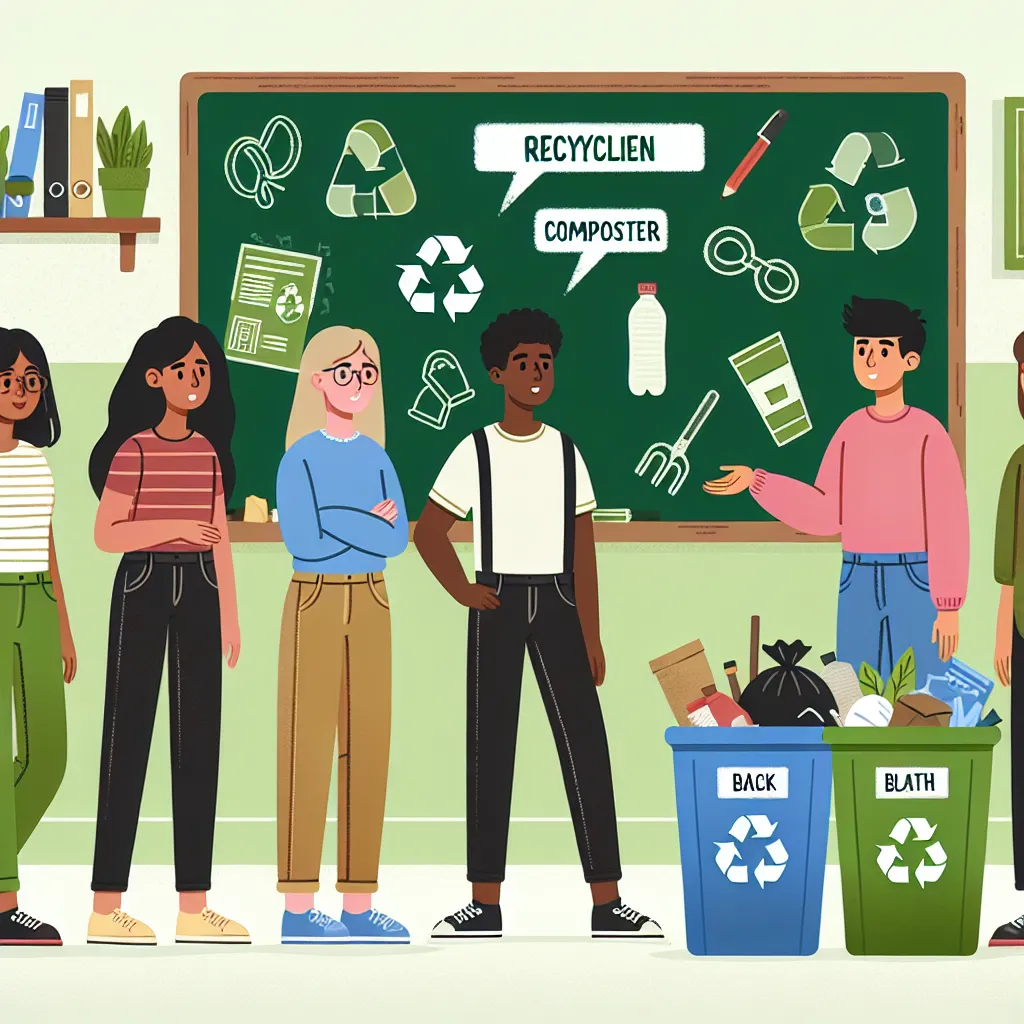 "Eco-Wise: Your Guide to Environmental Protection, Green Products, Recycling, Composting, and Waste Reduction!"
"Eco-Wise: Your Guide to Environmental Protection, Green Products, Recycling, Composting, and Waste Reduction!"
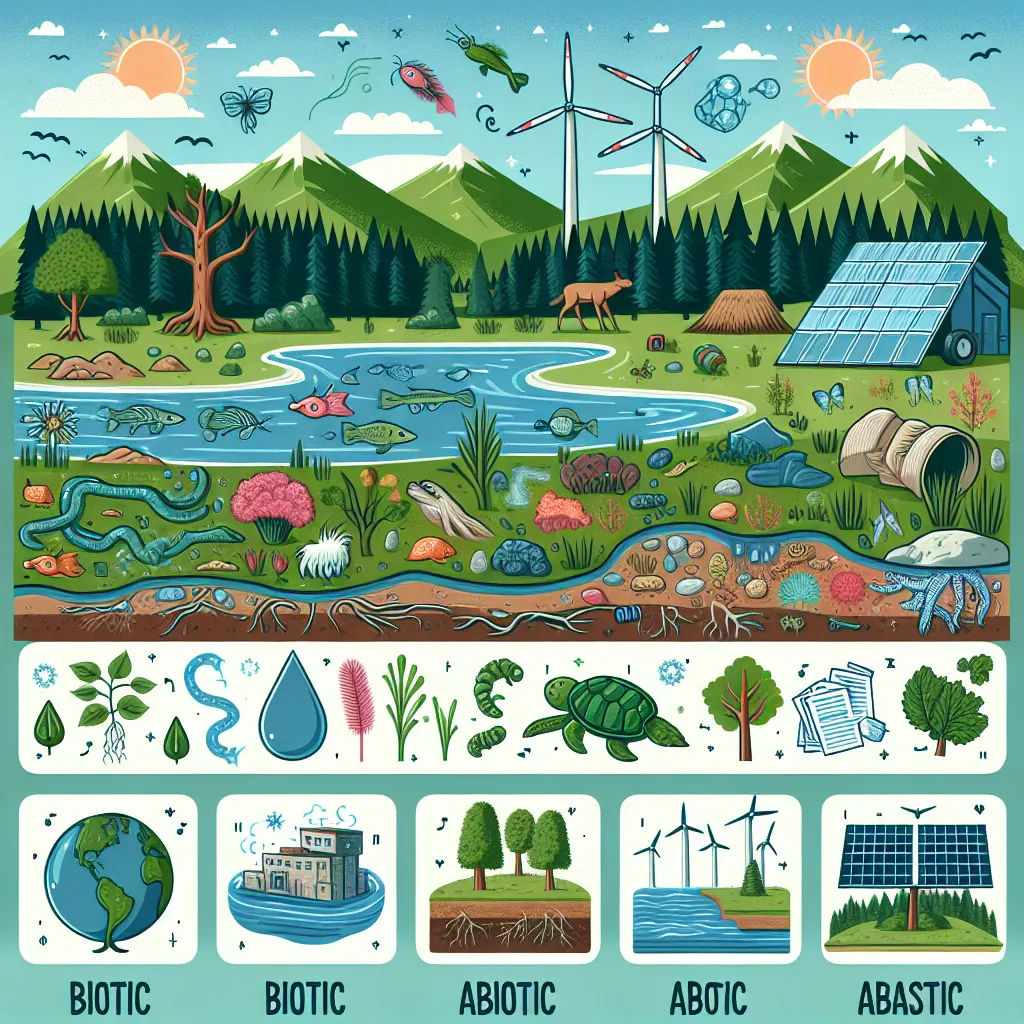 1. Biotic and abiotic parts of an ecosystem
2. Landfills cannot be reused after being full
3. Forests' environmental benefits
4. Earth's main greenhouse gases
5. Impact of greenhouse gases on wea
1. Biotic and abiotic parts of an ecosystem
2. Landfills cannot be reused after being full
3. Forests' environmental benefits
4. Earth's main greenhouse gases
5. Impact of greenhouse gases on wea
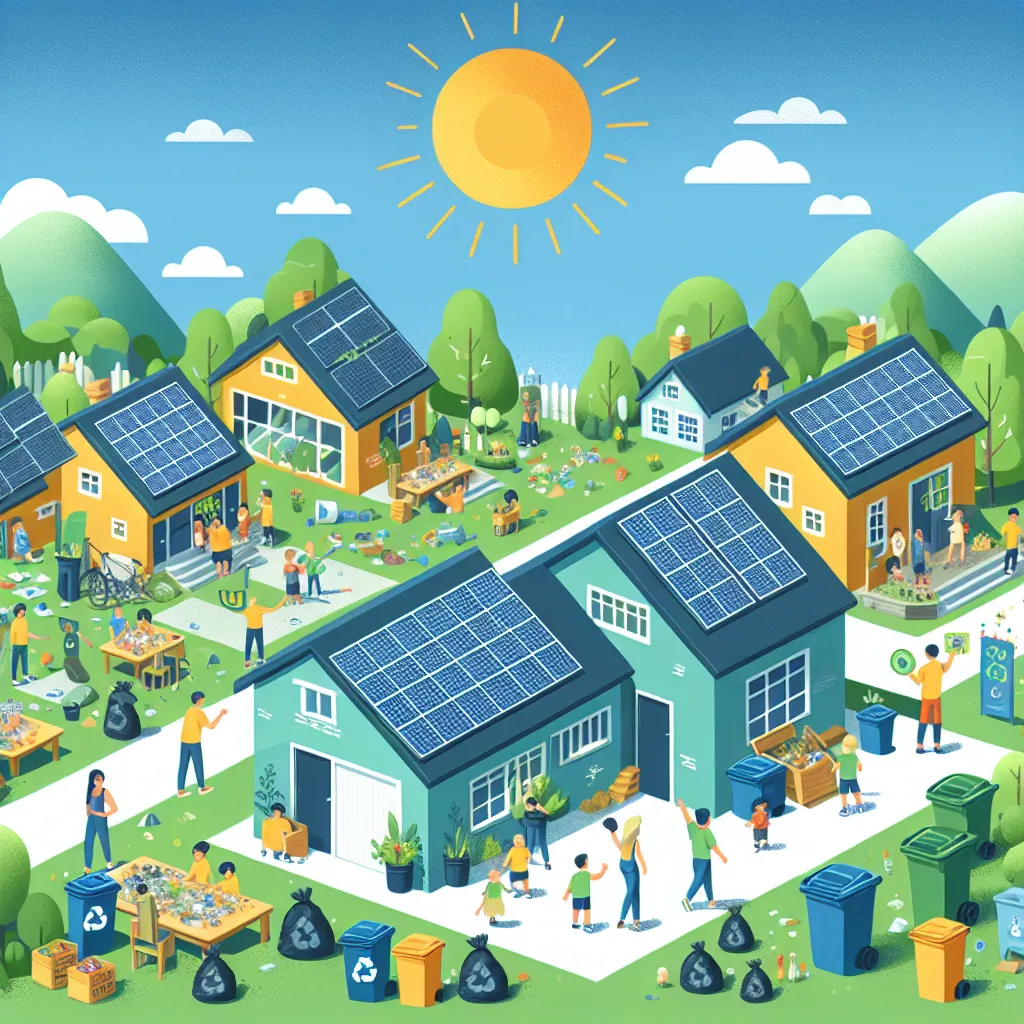 1. Harness Solar Energy at Home: Clean Electricity, Less Fossil Fuel Dependence.
2. Make Our Community Greener: Advocating for a Recycling Program through Awareness, Collaboration, and Education.
1. Harness Solar Energy at Home: Clean Electricity, Less Fossil Fuel Dependence.
2. Make Our Community Greener: Advocating for a Recycling Program through Awareness, Collaboration, and Education.
Question Tags
If you want your question answered by an AI, click here.
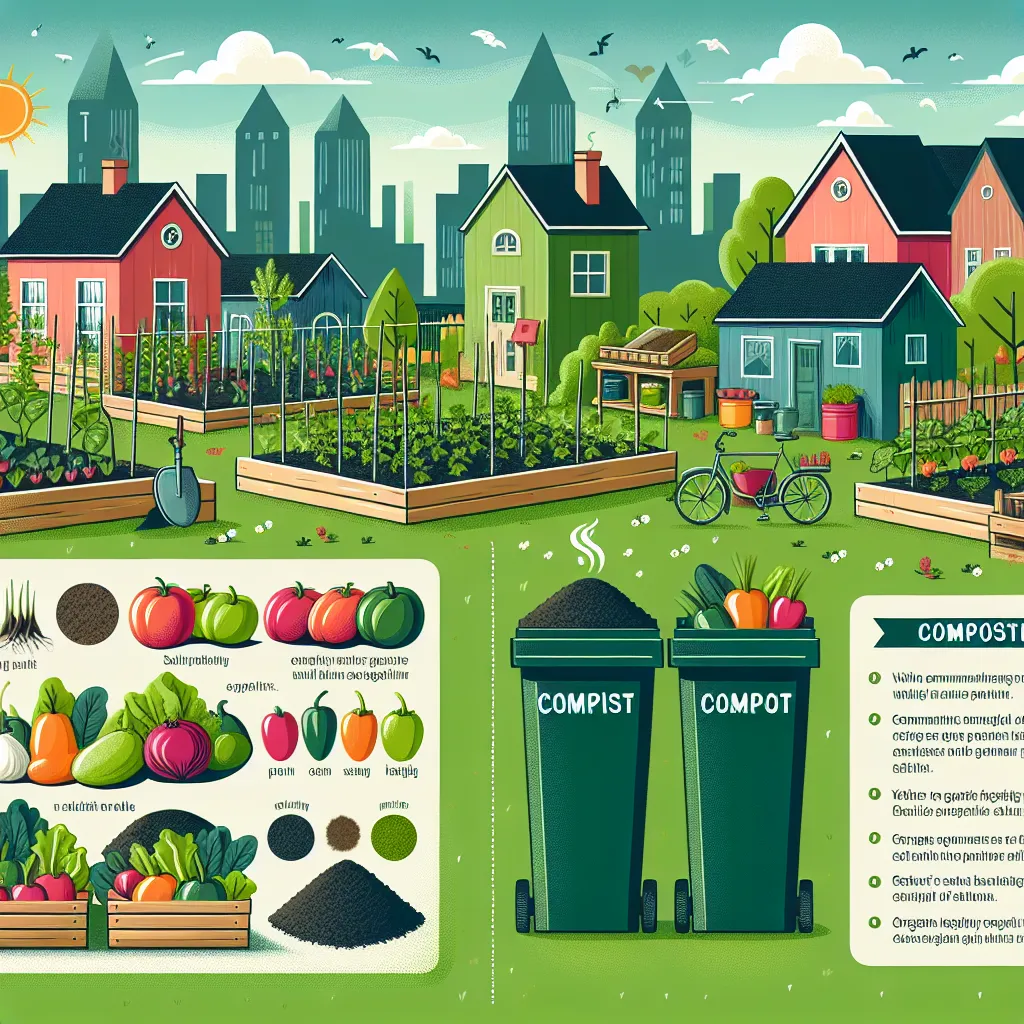
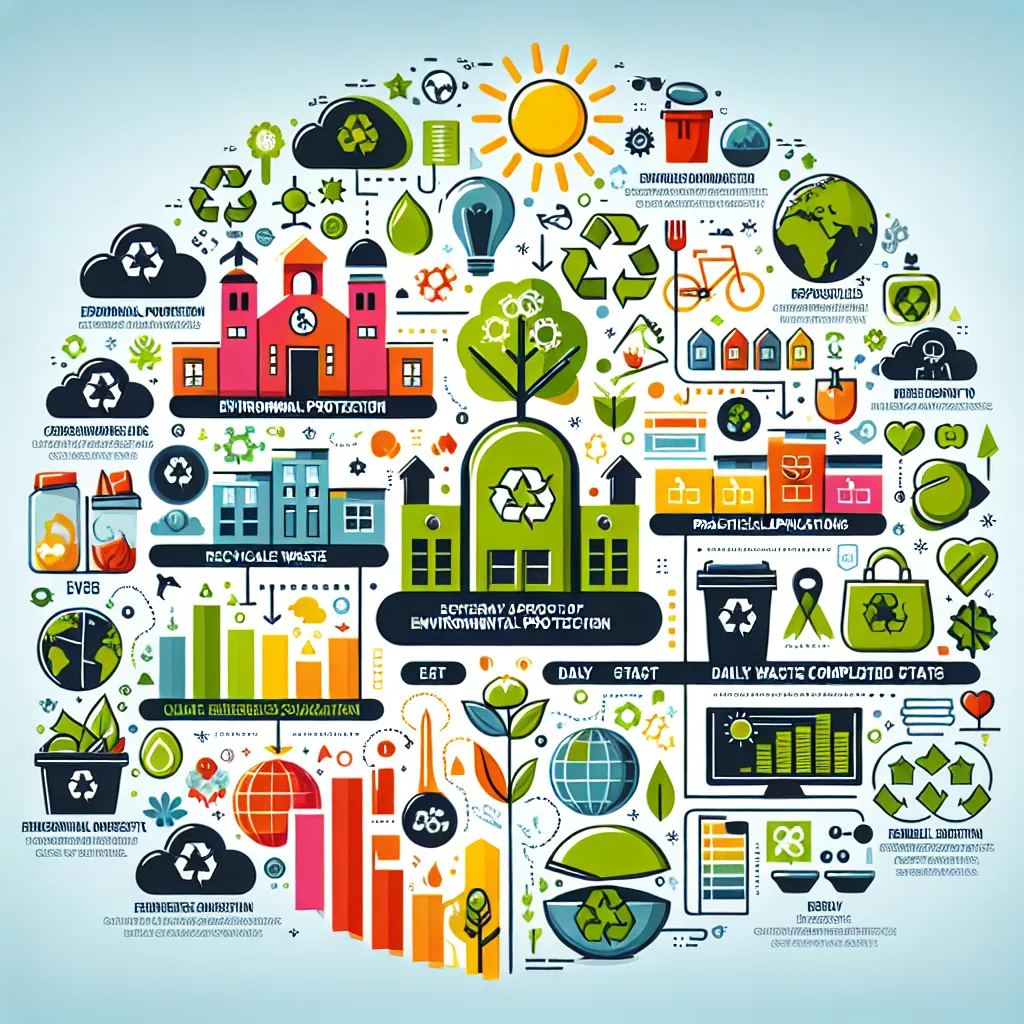
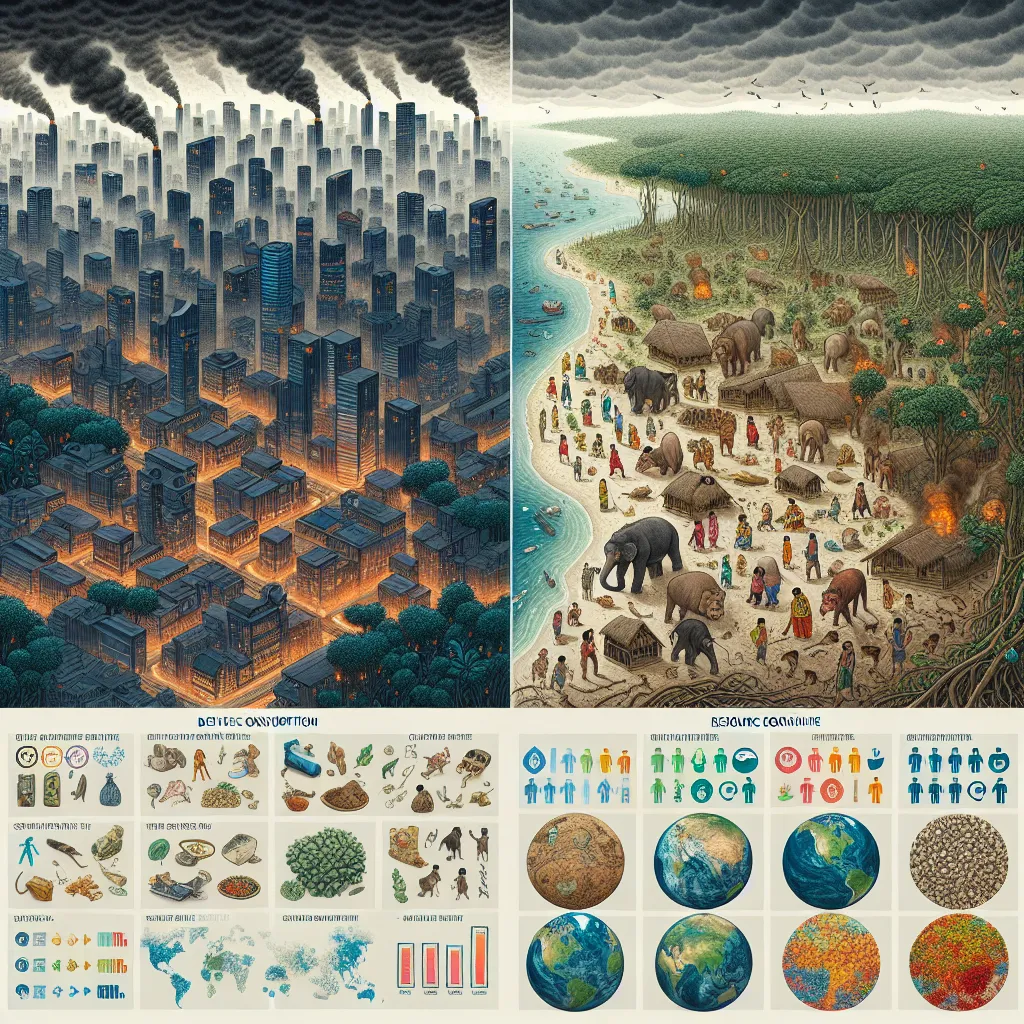
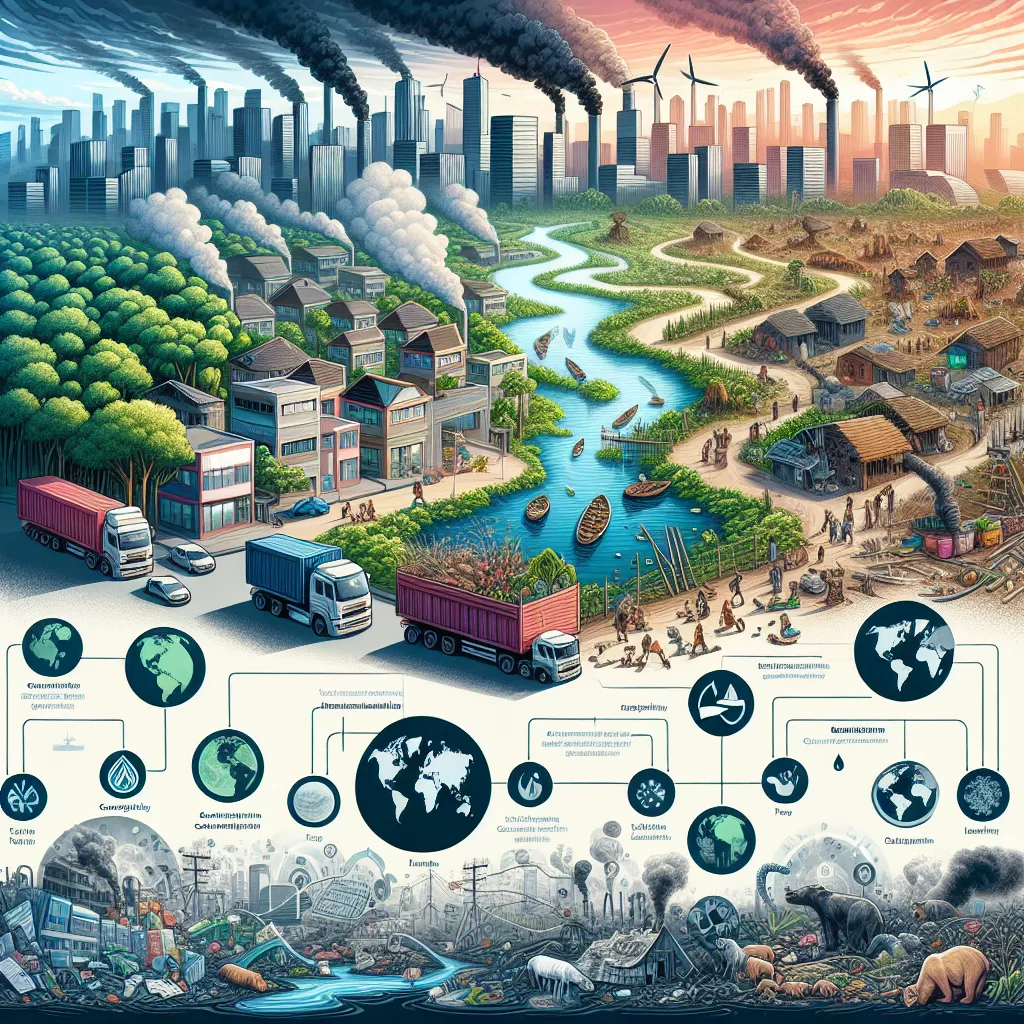
Post your own comment: